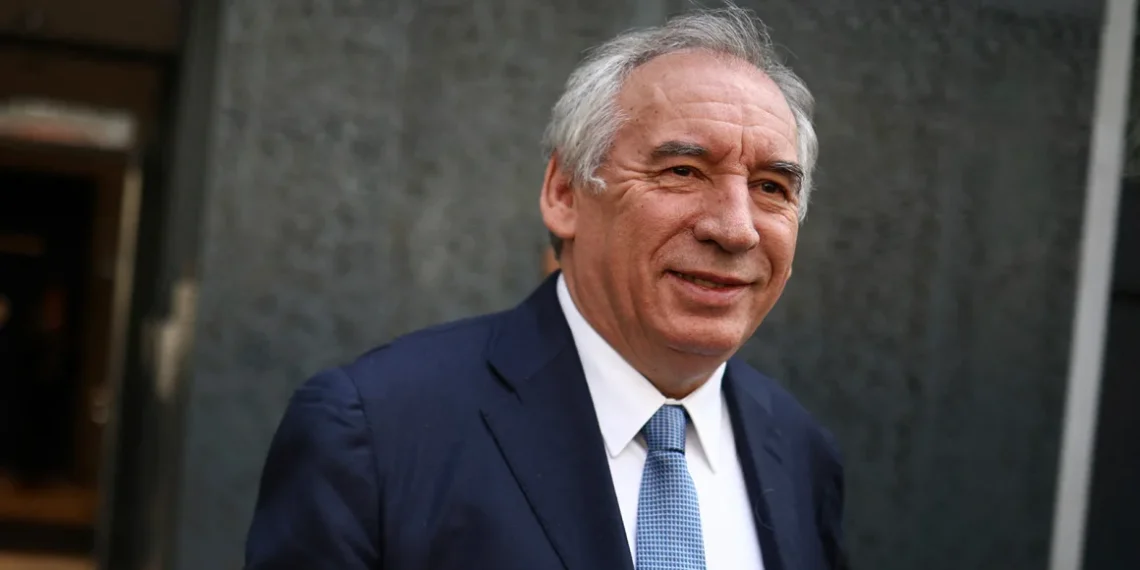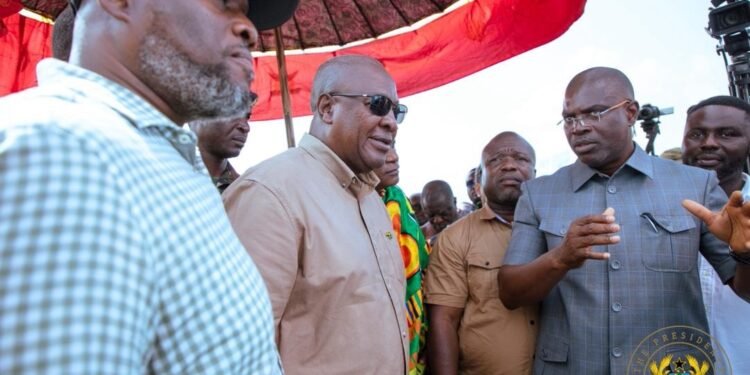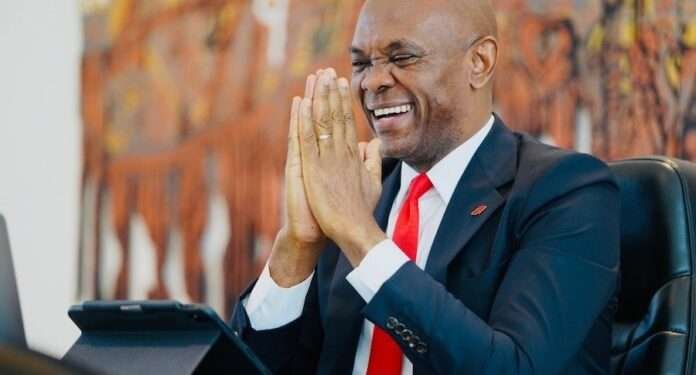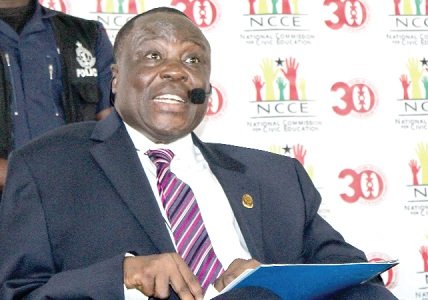French Prime Minister, François Bayrou has lost a confidence vote, creating a new crisis that obliges President Emmanuel Macron to search for a fourth Prime Minister in 12 months.
Bayrou was ousted overwhelmingly in a 364-194 vote against him. The ousted Prime Minister will submit his resignation to Emmanuel Macron tomorrow morning but he will remain in post until his successor gets appointed.
Bayrou fell because of his unpopular austerity budget to curb public debt. Arguing that sharp cuts are needed to repair public finances, Bayrou had proposed to cut 44 billion euros ($51 billion) in spending in 2026, after France’s deficit hit 5.8% of GDP last year, way above the official EU target of 3%.
He took a risk by calling the confidence vote, a decision that quickly backfired on the political veteran as left-wing and far-right legislators seized the opportunity to oust his government, seeking to increase pressure on Macron.
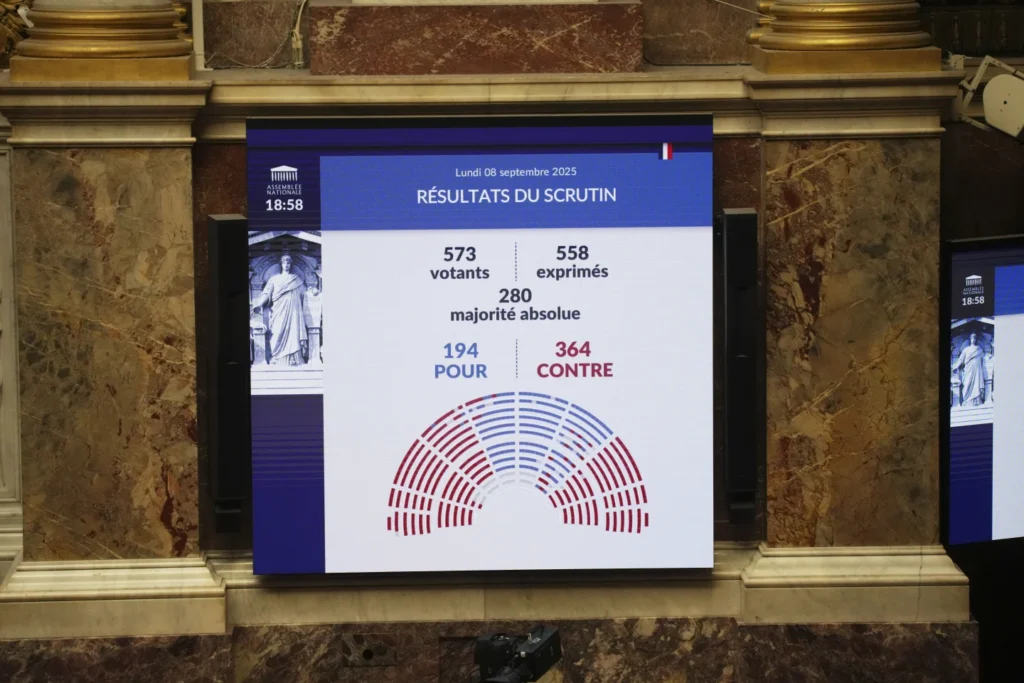
Bayrou conceded in his last speech as Prime Minister to the National Assemnly that putting his fate on the line was risky. Nonetheless, he said that France’s debt crisis compelled him to seek legislative support for remedies, in the face of what he called “a silent, underground, invisible, and unbearable hemorrhage” of excessive public borrowing.
“The greatest risk was to not take one, to let things go on without changing anything, to go on doing politics as usual.
“Submission to debt is like submission through military force. Dominated by weapons, or dominated by our creditors, because of a debt that is submerging us — in both cases, we lose our freedom.”
François Bayrou
In a last-ditch effort to save his job before the vote, Bayrou warned that France is risking its future and its influence by racking up trillions in state debts that are “submerging us,” pleading for belt-tightening.
The demise of Bayrou’s short-lived minority government after just under nine months in office heralds renewed uncertainty and a risk of prolonged legislative deadlock for France as it wrestles with pressing challenges.
After Gabriel Attal’s departure as Prime Minister in September 2024, followed by former Brexit negotiator Michel Barnier’s ouster by parliament in December and Bayrou now ousted, too, Macron again faces an arduous hunt for a replacement to build consensus in the parliament’s lower house that is stacked with opponents of the French leader.
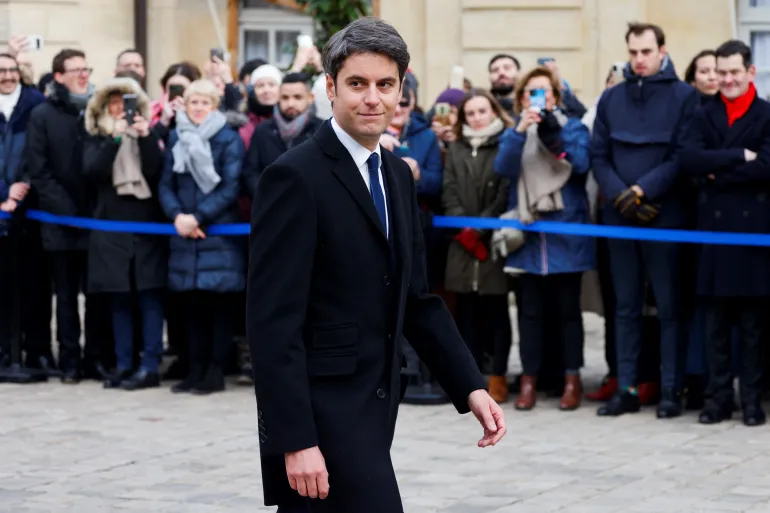
As President, Macron will continue to hold substantial powers over foreign policy and European affairs and remain the commander in chief of the nuclear-armed military. However, domestically, the 47-year-old President’s ambitions are increasingly facing ruin.
The root of the latest government collapse was Macron’s stunning decision to dissolve the National Assembly in June 2024, triggering a legislative election that the French leader hoped would strengthen the hand of his pro-European centrist alliance.
However, the gamble backfired, producing a splintered legislature with no dominant political bloc in power for the first time in France’s modern republic.
Without a workable majority, his minority governments have since lurched from crisis to crisis, surviving on the whim of opposing political blocs on the left and far-right that don’t have enough seats to govern themselves but can, when they team up, topple Macron’s choices.
During a debate prior to the vote, far-right leader Marine Le Pen called for Macron to again dissolve the National Assembly, seemingly confident that her National Rally party and its allies would win a majority in another snap legislative election, positioning it to form a new government.
Macron To Name New Premier In Coming Days
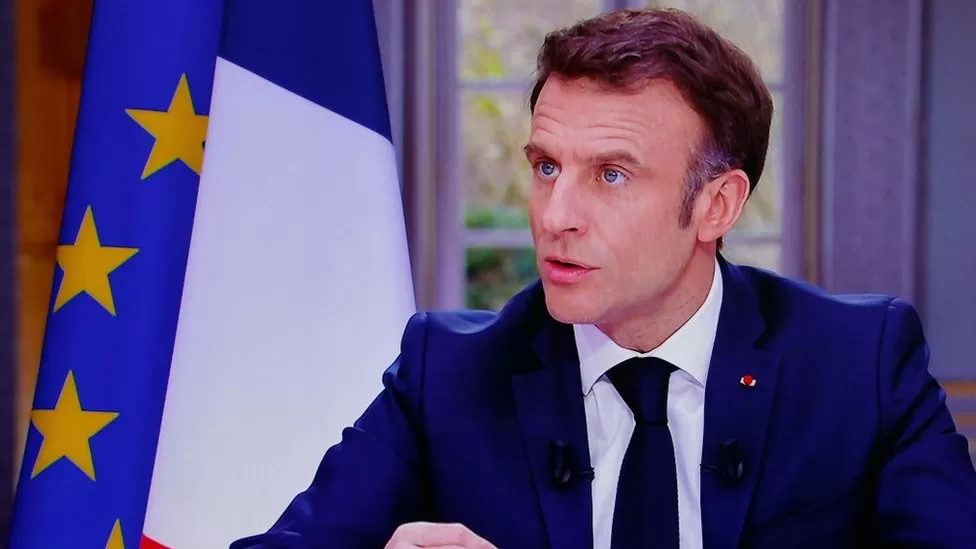
The Élysée Palace confirmed that President Emmanuel Macron will name the new Prime Minister “in the coming days.”
Macron’s chosen successor will operate in the same precarious environment and face the same pressing budget problems that dogged Bayrou and his predecessors.
Macron himself has vowed to stay in office until the end of his term, but risks becoming a lame duck domestically if political paralysis continues.
Under the French political system, the Prime Minister is appointed by the President, accountable to the parliament and is in charge of implementing domestic policy, notably economic measures.
READ ALSO: Blue Gold Secures $80 Million Financing to Drive Mining Expansion

